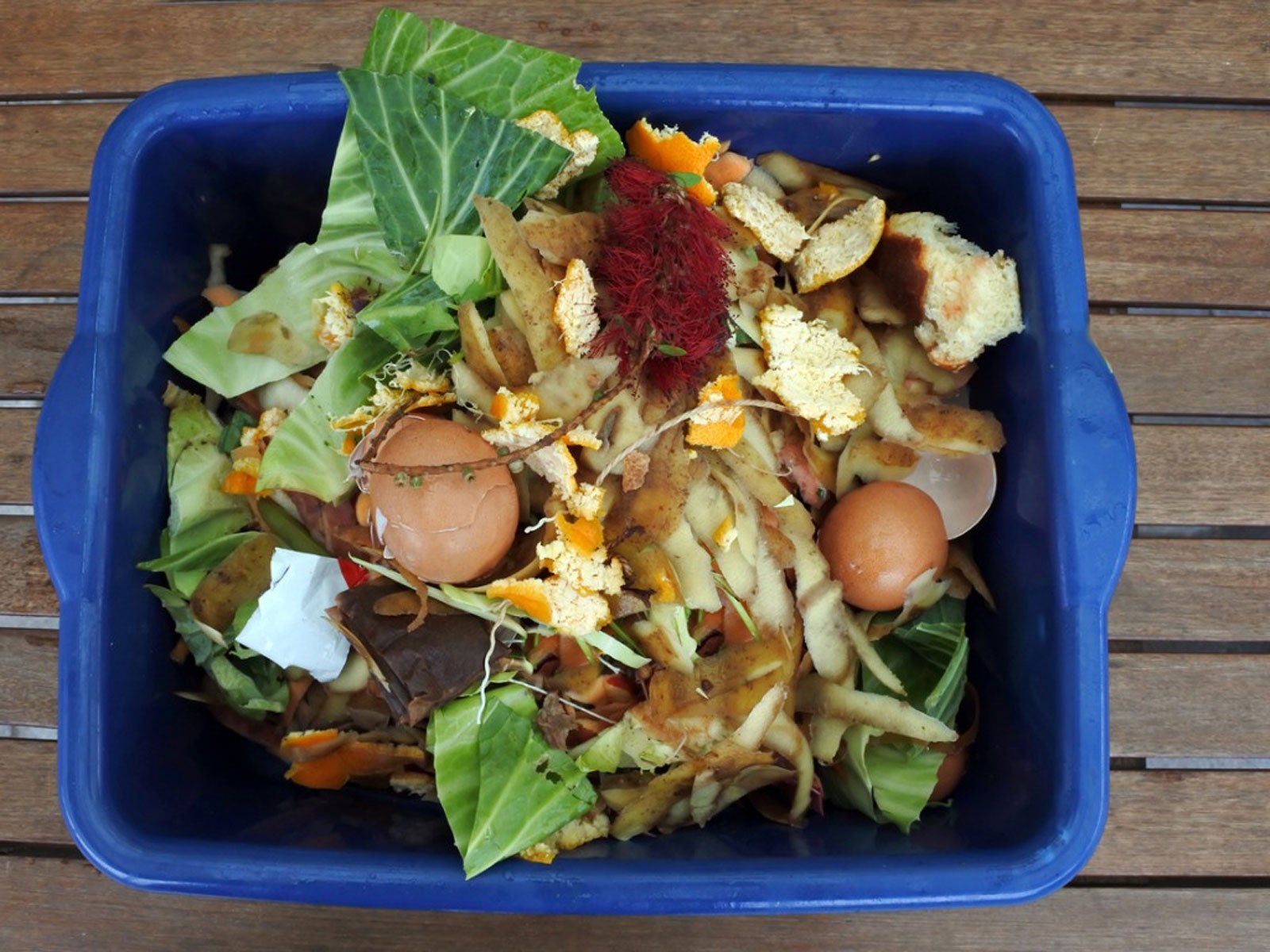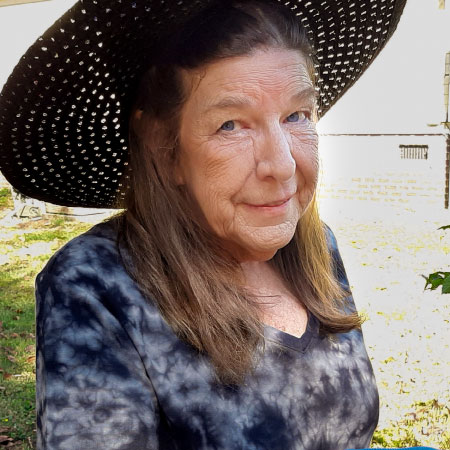Compact Compost Solutions: Composting With Limited Room


Compost is an important ingredient/additive to our garden soil; in fact, it’s likely the most important amendment we can use. Compost adds organic matter and improves soil texture. Aiding soil quality and improving drainage is reason enough to add compost to our garden beds.
But what if you don’t have a yard and barely have the space for a few garden containers? Compost is just as important when growing a garden in those containers too. The solution: explore the different ways to practice small space composting.
Compact Compost Solutions
There are different containers we can use indoors to collect and mix composting materials. Small compost bins can fit under your sink, in a corner of the pantry, or under a cabinet, wherever you might have the space.
- Five-gallon buckets
- Wooden boxes
- Worm bins
- Rubbermaid containers
- Tumbler composter
All these need lids if there is not one attached or included. Vegetable peelings and some kitchen scraps are perfect for composting. These make up the green (nitrogen) part of the compost. Don’t add dairy or meat into any compost. Composting materials should not smell bad or attract bugs in any case, but most especially if you compost indoors.
The addition of yard waste, like grass clippings and leaves, makes up the brown portion of your compost. Shredded newspaper and shredded regular paper can go in the mix, but don’t use glossy paper, such as magazine covers, as it won’t break down as quickly.
Containers that don’t have solid sides and bottoms may be lined with a plastic bag. Turn the compost regularly, as often as possible. The more times it is turned, the more quickly it will become brown, earthy dirt. Turning the brown and green mixture leads to anaerobic decomposition that creates compost.
Tumbler composters are great options for composting with limited room in the landscape. These will spin and build up a heat core more quickly, thus giving you usable compost much faster. Although compact, tumblers need more room than most other options but they’re still a good choice if you have space on a deck or in a garage, and have a use for larger amounts of compost.
Gardening tips, videos, info and more delivered right to your inbox!
Sign up for the Gardening Know How newsletter today and receive a free copy of our e-book "How to Grow Delicious Tomatoes".

Becca Badgett was a regular contributor to Gardening Know How for ten years. Co-author of the book How to Grow an EMERGENCY Garden, Becca specializes in succulent and cactus gardening.
-
 Looking For Plants To Give You The Soft And Fuzzies? Try These 5 Fuzzy Leaf Plant Options
Looking For Plants To Give You The Soft And Fuzzies? Try These 5 Fuzzy Leaf Plant OptionsLovers of texture, drama, silver foliage and tactile plants will adore these special sensory garden additions. These fuzzy leaf plant options will leave you all aglow
By Susan Albert
-
 Get Ready For A Summer Of Hummers! Grow These Full Sun Hummingbird Plants and Flowers
Get Ready For A Summer Of Hummers! Grow These Full Sun Hummingbird Plants and FlowersIf you’re lucky enough to enjoy a sunny backyard, make sure you are maxing out on your pollinator opportunities and grow these full sun hummingbird plants and flowers
By Tonya Barnett